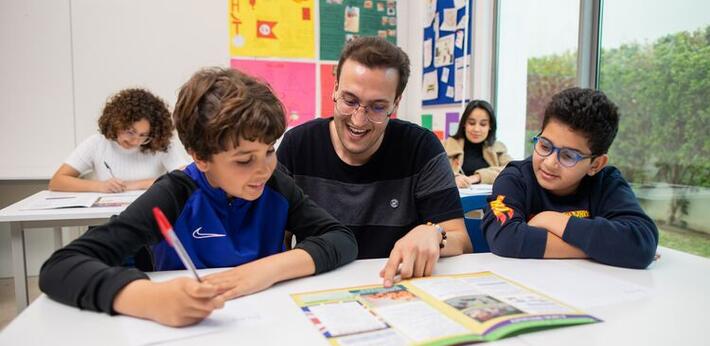You are here
Home ›30/06/2016
China relaxes controls on academic and research staff travelling overseas
Summary
The Chinese government recently released a policy document titled “Guidance on strengthening and improving the temporary overseas travels and business visits of teaching and research staff’”. This announcement, issued by the State Council in conjunction with other key related departments such as the Ministry of Education and Ministry of Foreign Affairs, aims to provide more flexibility for teaching and research staff in HEIs and research institutes to engage in overseas teaching and research, academic visits, international conferences and other international activities.
The key change compared to previous regulations is that the new Guidance allows HEIs and research institutes to define the scope of academic exchange and collaborations and to set their own overseas travel plans for academic exchanges. This means that these institutions no longer need to receive governmental approval prior to sending staff overseas.
The Guidance also liberalises regulations for “overseas returnees”. All staff at public universities and research institutes previously had to use a separate “civil servant passport” for official overseas trips, but this restriction has been relaxed for academic staff who already hold permanent residence in foreign countries.
At the same time, the CPC Central Committee recently released a statement related to the development of talent in various sectors. Among other areas, this statement commented that higher education institutions’ evaluation of their academic staff should focus less on publications and professional titles and have a “balanced view” covering both research and teaching. Specific guidance on this issue has not yet been released.
Analysis:
The barriers removed by these reforms often caused significant delays and additional bureaucracy for Chinese academics travelling abroad, with the Ministry of Education or Ministry of Science and Technology often taking a long time to approve requests to travel abroad.
Removing these barriers will therefore make it easier for Chinese academics to travel abroad, which is likely to have a positive effect on joint international research projects as well as other forms of academic cooperation. The reforms are targeted at academics and researchers rather than other government officials or administrative staff.
Sources:






